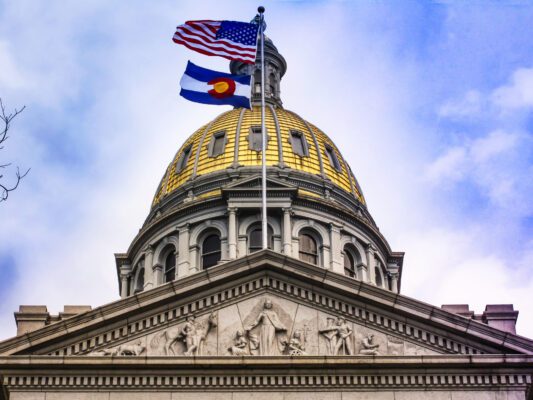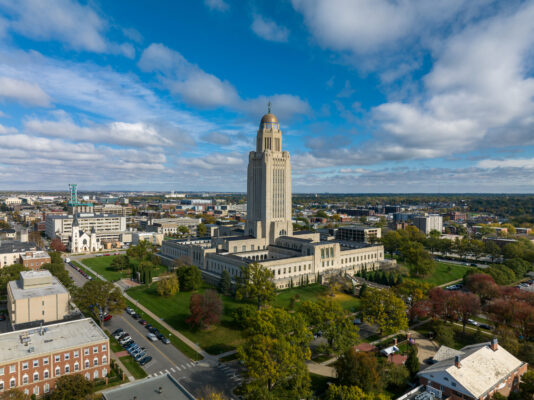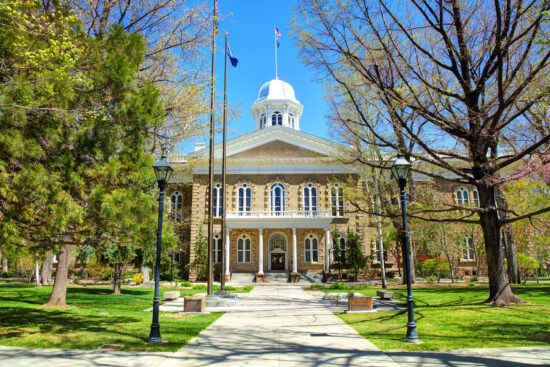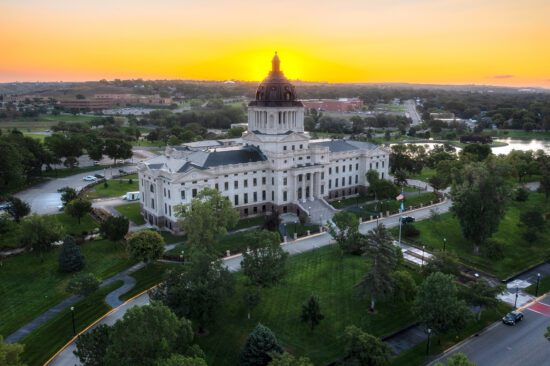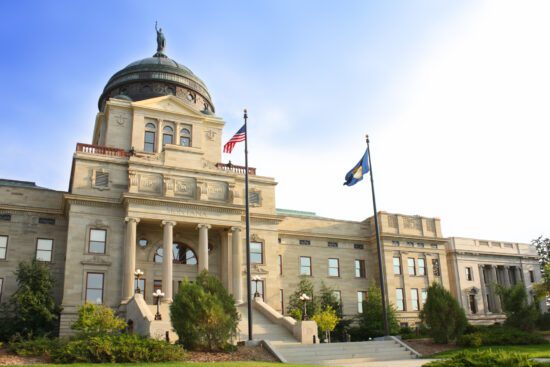One of my favorite passages in the Bible is Genesis 32. Jacob is fleeing his father-in-law Laban after spending twenty years in his household. As he flees, Jacob is anticipating meeting his elder brother Esau, whose birthright he stole prior to leaving home. The first 21 verses of chapter 32 relay Jacob’s fear of his brother Esau because of the anger he expects to find in him. Chapter 33 discusses the meeting of the two brothers, and the remarkable grace Esau extends to Jacob. Jacob’s fear and the meeting with Esau bookend the final 11 verses of chapter 32, where Jacob physically wrestles with God, seeking to obtain His blessing. It is only after this wrestling and the blessing of God that Jacob is prepared to move forward and approach Esau.
I love this passage because I see its pattern of fear, wrestling and ensuing blessing in much of life. Perhaps more than any other time in our lives, this Genesis 32 model applies to the college years for young Christians. As a rising junior at a large public university, I have experienced this pattern of fear, wrestling and blessing in my own life. I believe that my experiences and relationships have given me insight into some of the biggest inhibitors to faith for college students.
I have seen two primary forces in the college experience that sidetrack, and in many cases, derail, the faith of Christian students: the persistent and ubiquitous presence of doubt and the constant affirmation and promotion of a self-centered lifestyle. An understanding of both of these forces sheds light on the lies that students believe and leads to a deeper understanding of the God who enables his children to grow in their relationship with Him through their earnest wrestling.
The inevitability of doubt
From the day I stepped on campus, I began to learn that doubt is at the very core of the college student’s life. I experienced this with the people I encountered during my first month at school. When weeks passed and I did not immediately find a group of friends that I wanted to identify with, the self-doubt set in. I think this is an experience that resonates with many students.
Though including doubt regarding the nature and presence of God, the doubt in the mind of the college student extends far beyond that. College provides an endless source of questions, some trivial and some important: Do I fit in here? Do I have the right clothes? Who do I spend my time with? What will people think if I eat dinner by myself in the dining hall? What am I going to do with my life? They are endless and persistent. All this questioning can lead to doubt within, including doubting the nature and presence of God. The pervasive presence of doubt challenges even the strongest confidence in the truth of the gospel.
The lure of the self-centered life
Additionally, college is inherently a self-centered time of life. It’s designed to be a time to prepare yourself for your future, and so it should be. However, this necessary focus on bettering yourself creates a deeply self-serving lifestyle. The good of learning and developing skills frequently degenerates into grade competition, resume’ padding and activities and connections pursued because they look good.
In this environment, the self becomes far more salient than all others. This is entirely contrary to the truth of the gospel. The teaching of the Bible, in the words of 1 Corinthians is that you are not your own. And the very nature of Jesus is self-sacrificing. The dichotomy between the self-serving nature of college and the self-denying nature of the gospel produces a serious conflict in the minds of college students.
The honest way to wrestle with doubts
These are both issues that college students, myself included, need to wrestle with deeply, praying for the Lord to bless our wrestling. How can we honestly wrestle with the temptations doubts and self-centeredness present during our college years and remain in a posture of dependence on and trust in God?
It is necessary to recognize that uncertainty is not exclusive to Christianity. You should not abandon Christianity solely on the basis of uncertainty or doctrinal questions because those are not qualities produced by Christianity, Instead, they are qualities that are intrinsic to human nature. Whatever alternative you choose will also produce deep uncertainty and questions; whatever doctrine you accept (and you will accept one) will have its grey areas. As Tim Keller puts it in his introduction to The Reason for God, “The only way to doubt Christianity rightly and fairly is to discern the alternate belief under each of your doubts and then to ask yourself what reasons you have for believing it.”
We can pursue answers to our questions without our faith depending on finding them. But, what do we need to understand about God to help us do that? College students need to believe that the God of the Bible is big enough to speak contrary to their beliefs. He is not merely an advocate for specific issues; He is a God of the fathomless, eternal big picture. Instead of specifically speaking to most of the issues that confront us daily, His teaching and His story tell us the nature of God, the truth about the fallenness of man, and the story of redemption, providing us with truth of cosmic proportions.
When college students come to know a God who is a moralist do-gooder, they find a God too small and unworthy to correct them. When college students come to know a God whose truth, rooted in the gospel, touches every issue and extends far beyond any single issue, they find the one true and worthy God, the only one big enough to contradict them.
Praise God that He does not begin and end with an issue; instead, He begins and ends with love and truth, the reality for which college students are perpetually yearning. May the college years not cause us to turn away from the truth we crave but instead lead us to wrestle with God through our questions, finding Him in that wrestling.




